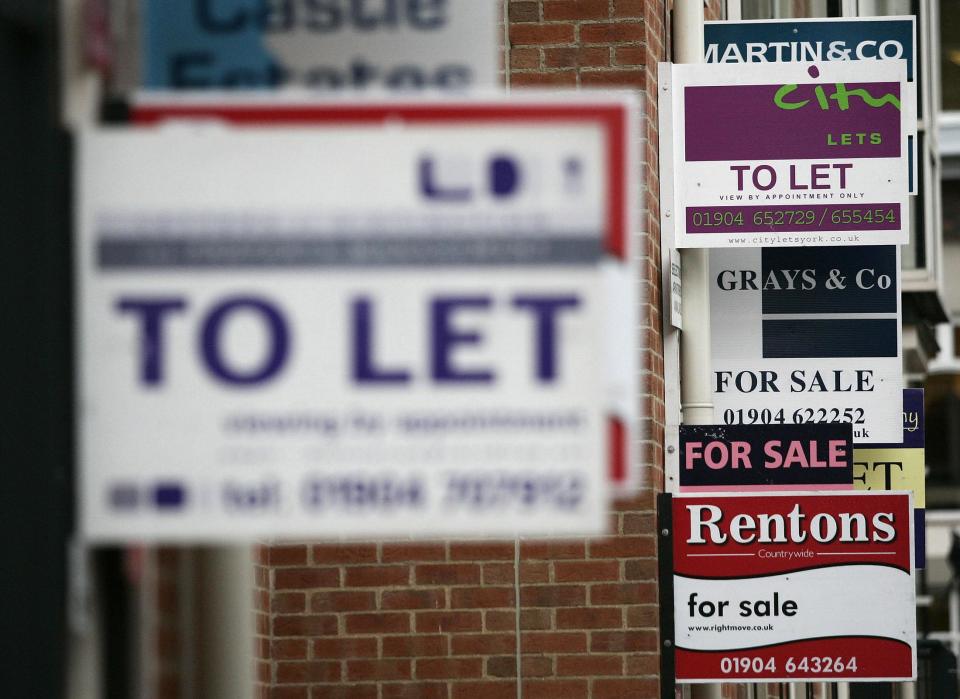Hundreds of families made homeless by landlords cashing in on rising property prices, data suggests

Hundreds of families are being made homeless as landlords seek to benefit from rising property prices or increase rents, new data has revealed.
Eviction figures analysed by pressure group Generation Rent suggested 216 households were becoming homeless in England every week because of so-called “no fault” evictions.
A no fault clause allows landlords to close a tenancy – generally at the end of a contract – without needing a reason such as rent arrears or property damage.
Generation Rent said the end of a private tenancy was now the biggest cause of homelessness across the country, with the number of cases more than trebling from 4,580 to 16,320 between 2009 and 2017.
The analysis, reported in The Observer, claimed that 94 per cent of the rise could be blamed on no-fault evictions, which have more than doubled since 2009.
The findings came after the government launched a £100m strategy to end rough sleeping by 2027 earlier this month.
More than 50,000 people have signed a petition launched by Generation Rent to scrap no fault clauses, which fall under section 21 of the 1988 Housing Act.
Dan Wilson Craw, director of the London-based group, told The Observer: “The ability of landlords to evict tenants without grounds allows them to cash in their assets and leave society to pick up the tab in the form of expensive temporary accommodation and misery for the people affected.
“Councils have new responsibilities to prevent homelessness, and the government has just launched a strategy to end rough sleeping, but they have no chance of success if landlords can continue to kick out tenants with impunity,” he said.
A spokesperson for the Ministry of Housing said: “We have introduced new measures to stop so-called retaliatory evictions, but we know we need to do more and we are consulting on three-year minimum tenancies.”

 Yahoo News
Yahoo News 